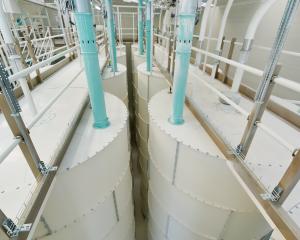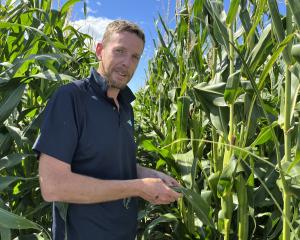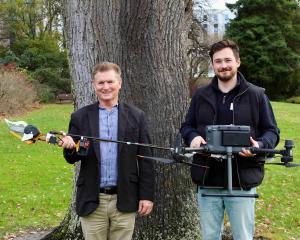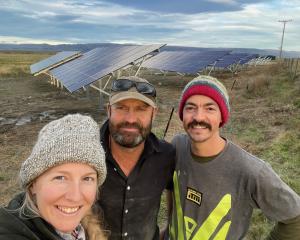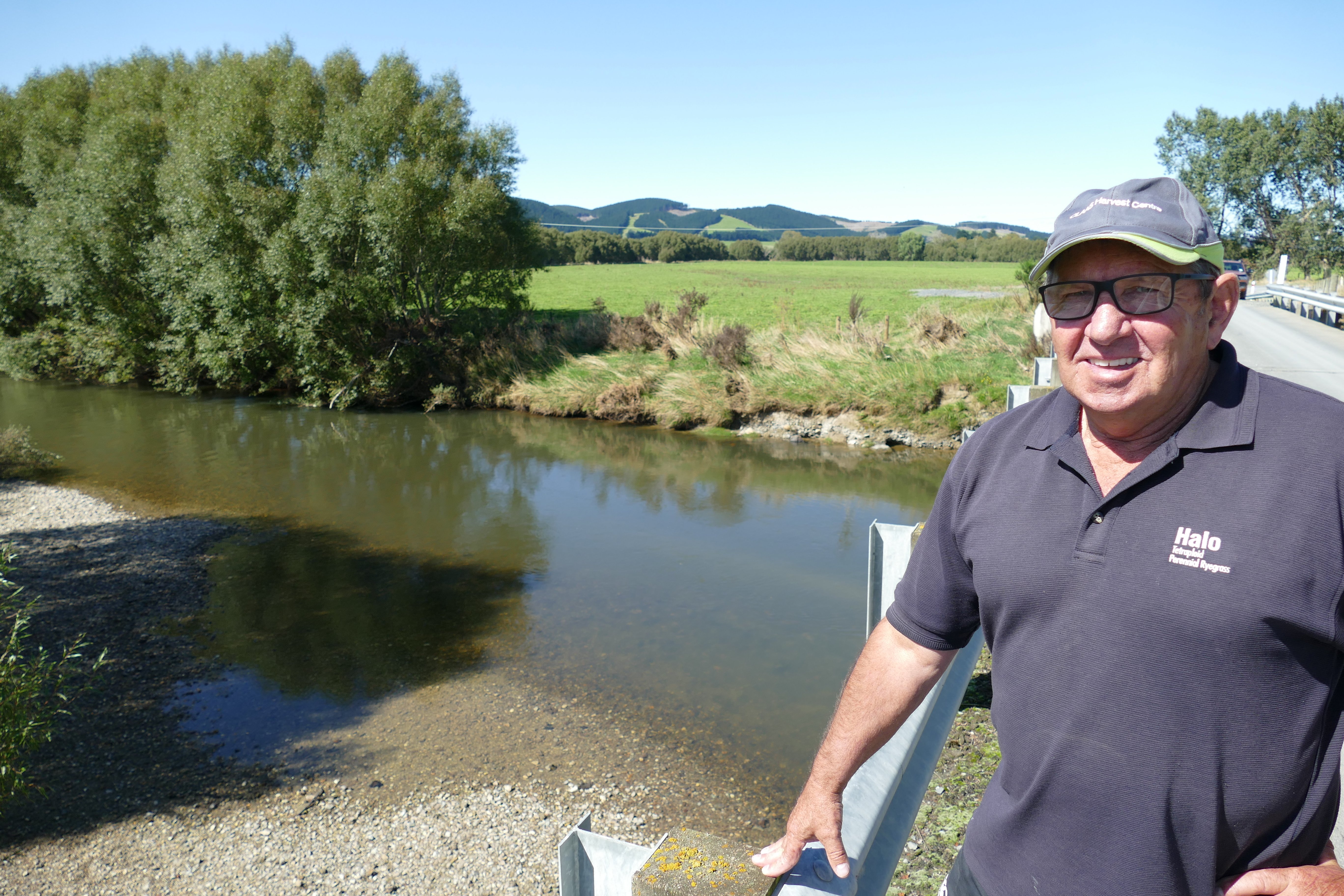
Mr McKenzie has been inundated with support for the idea which he envisaged would be done in a relay format.
He has spent all his life on the land, including about 45 years farming on his own account. His sons now farmed the same land he and his father had.
While not against new laws - "and laws we can try and achieve" - Mr McKenzie said there were about three parts of the new regulations, which take effect next month, that most farmers would not be able to achieve.
"We have a law coming in ... that will tell us that we have to have our crops sown by a certain date, November 1 for Otago Southland, irrespective of the weather.
"We will also have to get consent from most likely someone who has never been on the land to sow crops in order to feed the animals in the winter.
"We are also told that if the stock pug more than 50% of the paddock to 20cm or more, then we will be breaking the law and subject to prosecution. This is regardless of the weather. If it’s a wet winter, this is impossible and no farmer in the South will be able to achieve this."
"Why would anyone make a law knowing that the people it concerns have no way of complying with it?" he said.
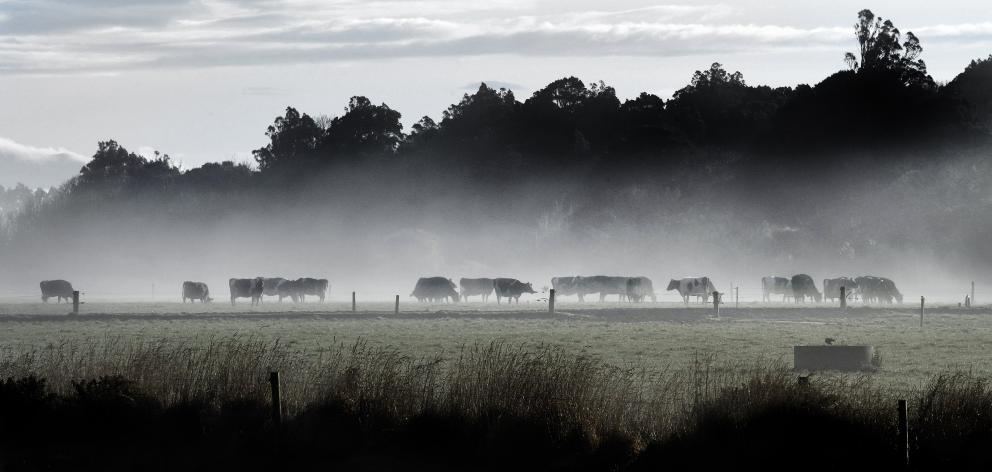
He had seen the "massive amount of work and money" farmers were pouring into improving water quality with very positive results, he said.
"Would it not be more value to New Zealand if farmers put the cost of getting consents into building sediment traps and planting out critical source areas?" he asked.
It was not just a southern issue; it affected farmers throughout New Zealand and he expected there would be very few places, during extreme rain events, that would not break the laws.
Since publicly expressing his thoughts, Mr McKenzie had received a call from a farmer, aged about 40, who had been contract milking all his career.
It was finally at the point where he was going to buy his first block of land but, having seen the legislation, he had decided against it and was now not even sure if he wanted to continue farming.
Mr McKenzie had already been in contact with Federated Farmers, which he believed would be a good organisation to instigate the tractor relay.
He did not want to bring the country to a standstill - "that’s not the point of it" - but he was keen to get 30-odd tractors doing 80km-100km legs, starting in Bluff and Cape Reinga.
That would then mean that farmers were only tied up with it for a day, and other motorists would not get held up.
But before it happened, Mr McKenzie said they needed "buy-in from urban people".
"We don’t want to make an enemy of urban people," he said.
Comments
But continuing to degrade water catchments as at present is ok? Farming, fishing and forestry...three industries you can count on to oppose all and any attempts to have their act cleaned up. Remember the fart tax?
Let's have an expensive and polluting event to protest our not being allowed to pollute. Sigh.
Climate change makes it harder for farmers to predict the weather cycles, but they are National voters so they don't believe in climate change.
The only reason paddocks get pugged to 20cm is that they are overstocked. When you push the land to obtain maximum profits, there is no room to move when the weather goes against you. This happens when you plan for a good year and don't get a good year. In the old days farmers planned for a bad year and the land, and rivers were never made to suffer from their greed.
And it's not just the farmers, the ag experts and the bank managers are always pushing to increase production, but when you go for maximum production the environment suffers.
When using intensive strip grazing, paddocks have to be left aside where stock can be moved to and run at much lower stocking rates during periods of snow and rain.
Not allowing for bad weather is not bad luck, it is bad farming, and the industry needs to be purged of bad farmers.
Dear Mr McKenzie, thank-you for your views.
As somebody who has farmed, I fully appreciate the predicament you find you and your family in. I know that you and farmers before you did not intend to degrade the environment, but were simply looking at ways to increase productivity and profitability as any business would.
It also sounds that, having realised the damage farming has done to the waterways, you are now trying to mitigate some of that damage. I also appreciate that the new rules you have outlined are unworkable in a modern high intensity farm system such as your son's.
However, I implore you not to increase your pollution footprint on this planet with your tractor idea. And instead of lobbying the Government for a change of rules, ask them to help farmers make a transition towards a sustainable low input, low intensity, low polluting, carbon neutral future, where a living can still be made. If yours son's sons or daughters are to have a future farming the whole system has to change - not just on your farm, but on most farms around the world.



